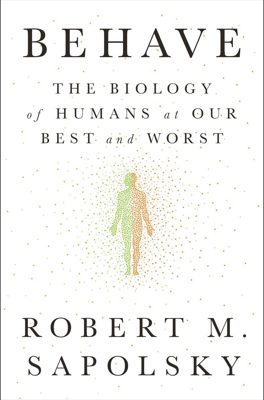Hours to Days Before
Hormonal Influences on Behavior Hours to Days Before
Hormones play a pivotal role in shaping our behaviors from hours to days before they occur, particularly focusing on testosterone and oxytocin. Testosterone, often linked inaccurately to increased aggression, is proven to have a nuanced influence. While indeed involved in aggressive behaviors, its impact is highly contingent on social contexts and prior experiences rather than a straightforward cause. Testosterone amplifies existing behavioral tendencies and increases responsiveness to social triggers rather than inciting aggression directly. It prime enhances status-related behaviors during challenges rather than purely fostering aggression.
On the other hand, oxytocin, commonly celebrated for its role in enhancing trust and prosocial behaviors, does so predominantly towards familiar individuals or in-groups, reinforcing prosocial behaviors towards "Us" while potentially increasing xenophobia or ethnocentrism towards "Them". Therefore, oxytocin's effects also heavily depend on social context, enhancing in-group favoritism.
The Dark Side of Oxytocin and Vasopressin
Despite the positive associations with oxytocin and vasopressin, these hormones exhibit a darker side, particularly when involved in out-group interactions. While facilitating bonding and reducing aggression within familiar groups, these hormones can enhance negative traits such as envy and gloating towards strangers, and even increase aggressive tendencies under certain conditions. Their influence is also subject to individual and cultural variations, sometimes encouraging ethnocentric behaviors.
Female Hormones and Aggression
Addressing female aggression, the chapter debunks the myth that females are inherently less aggressive than males. Instead, female aggression, whether in defense of offspring or for resources and social status, is contextually beneficial and hormonally influenced by estrogen, progesterone, and androgens. Unlike males, female aggression is intricately linked to reproductive cycles and maternal behavior, with hormones like estrogen and proglycerone playing dual roles in modulating aggression and empathy depending on the brain's receptor types involved.
Understanding Stress and Behavior
Sustained stress has comprehensive effects on brain function and behavior, heavily influencing decision-making processes and social interactions. Stress enhances amygdala activity leading to increased fear and impulsivity, while diminishing frontal cortex functionality, which impairs judgment, working memory, and risk assessment. This neural configuration under stress promotes habitual and less socially considerate behaviors, reduces empathy, and can lead to displacement aggression, where stressed individuals may redirect their frustrations toward less threatening targets.
Additionally, stress can also amplify or mute risk-taking based on the intensity and the individual's pre-existing tendencies, showing again the contingent nature of biological influences on behavior.
Conclusions on Hormonal and Stress Impact on Behavior
This discussion encapsulates the complexity of hormonal and stress responses on human behavior, emphasizing that these biological factors do not directly cause specific actions but rather modulate the sensitivity to environmental and social cues. Hormones like testosterone and oxytocin don't inherently lead to aggression or prosociality but interact with one's past experiences, current context, and social environment to influence a range of behaviors from aggression to cooperation. Understanding this nuanced interplay is crucial for grasping the diverse manifestations of behaviors predicated on both biological predispositions and contextual realities.
